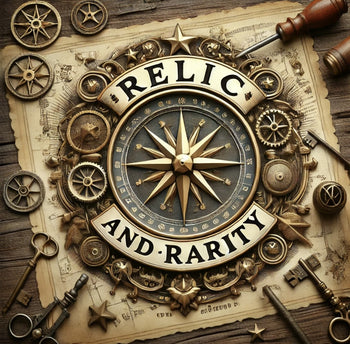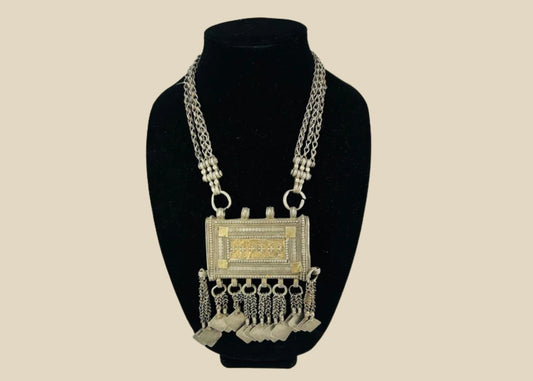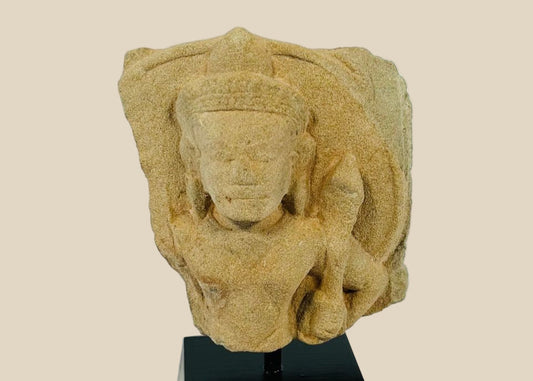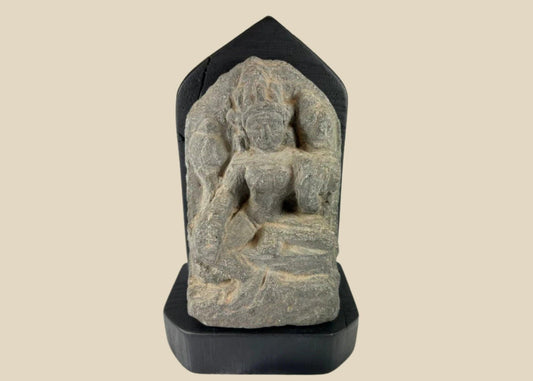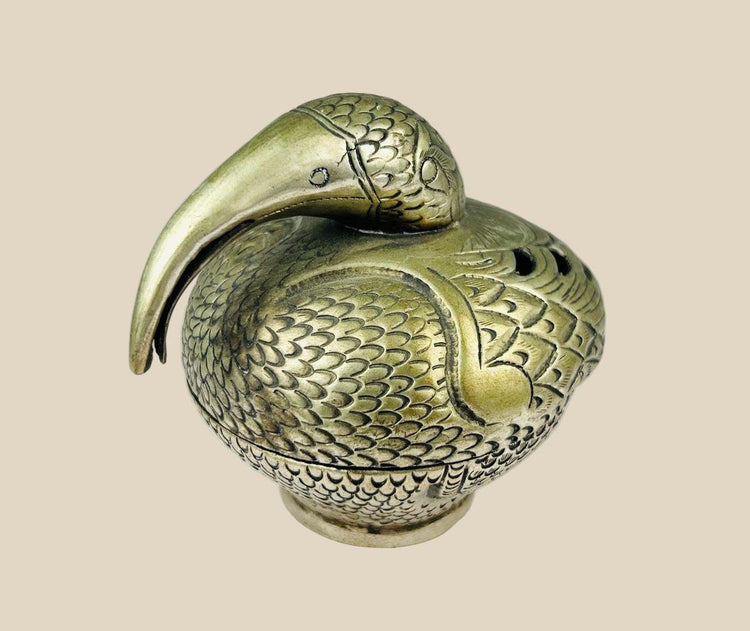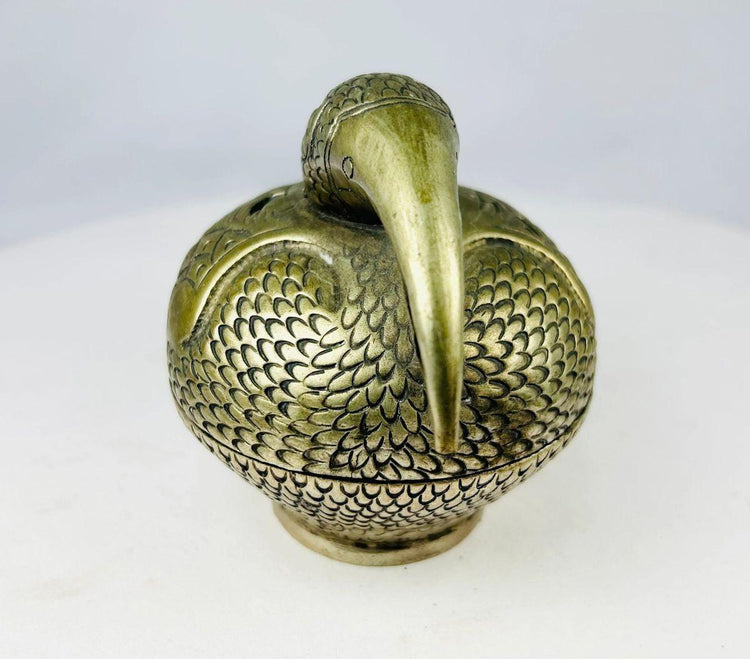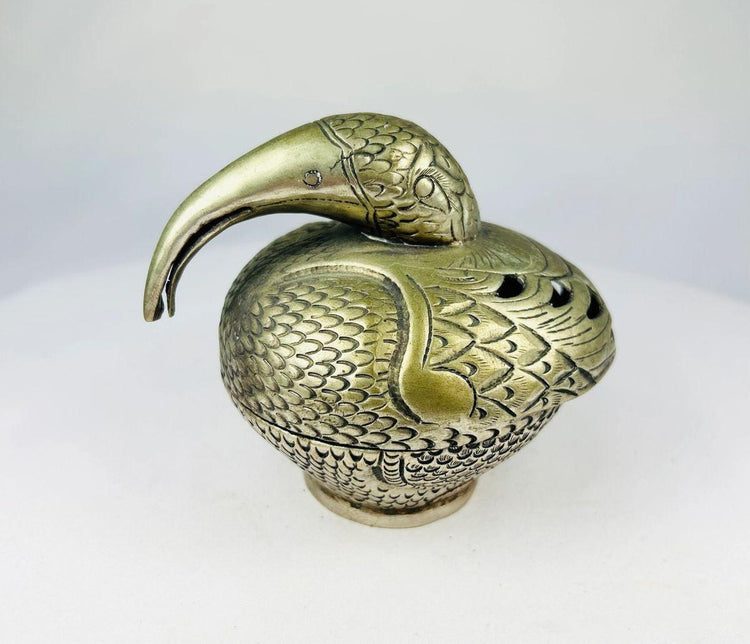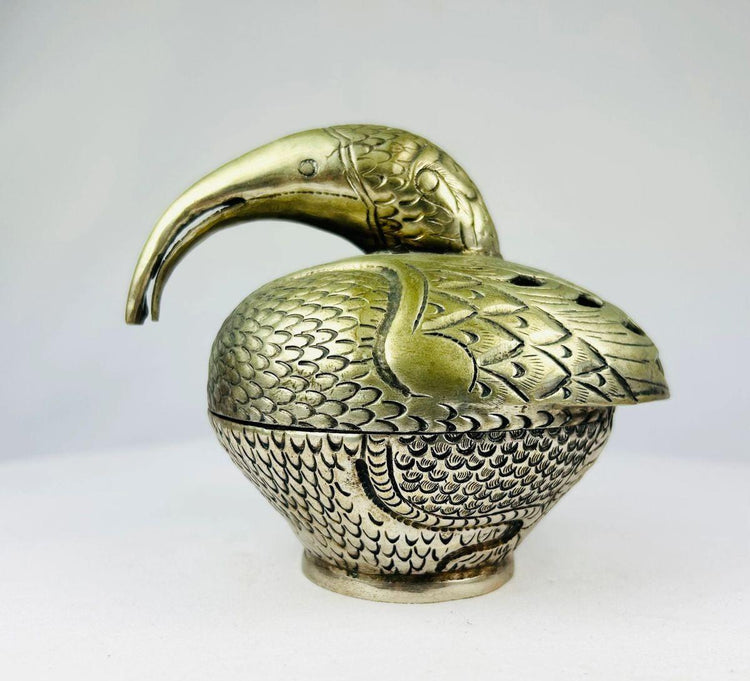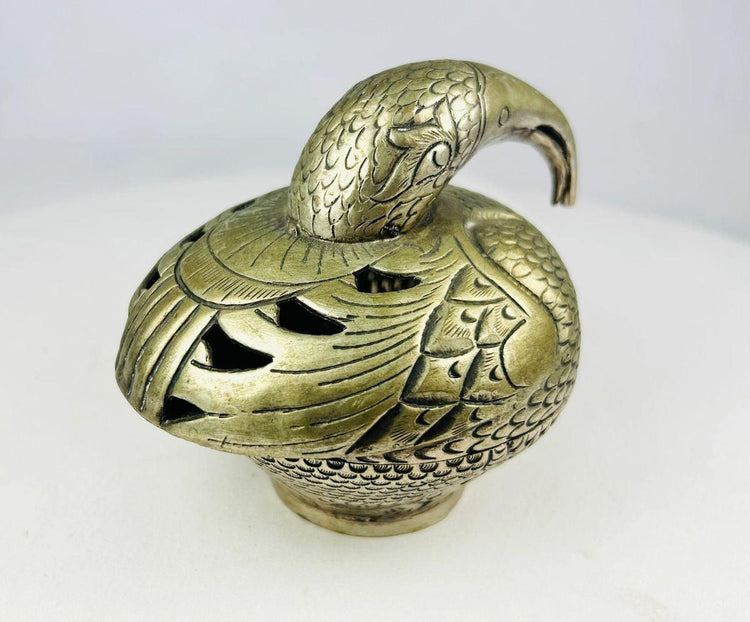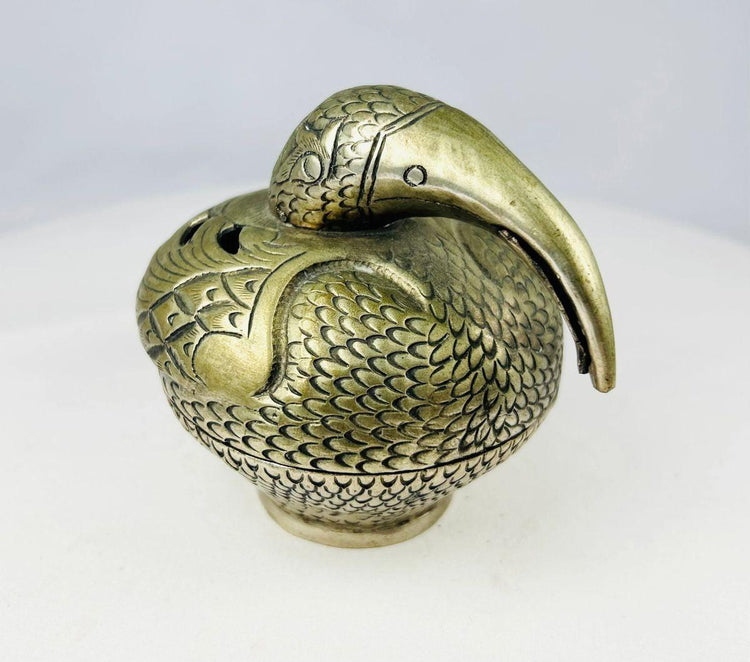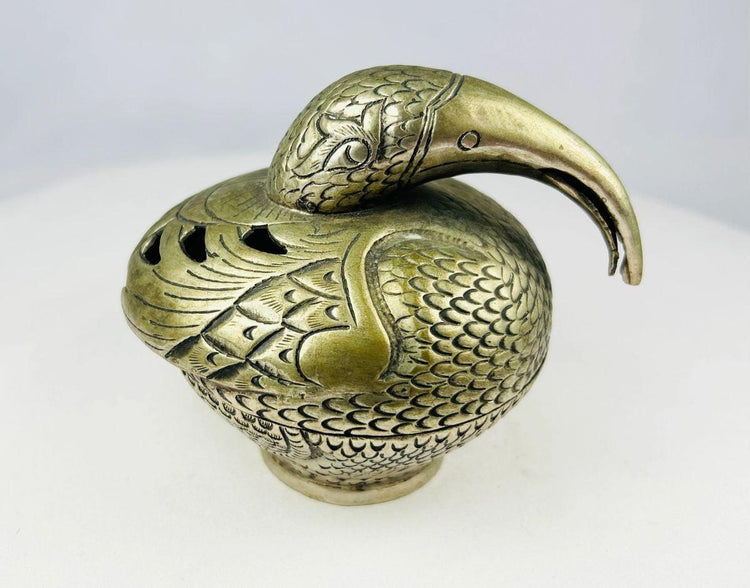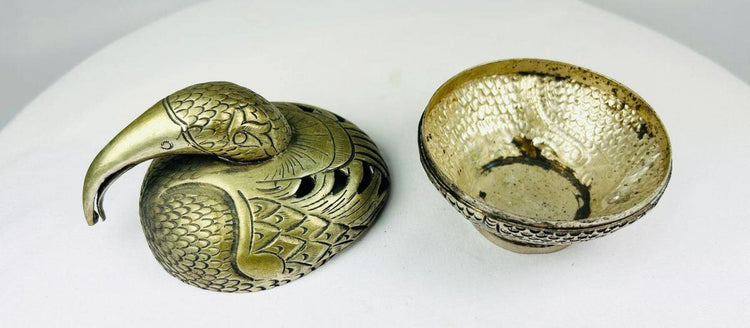South Indian Bronze Peacock Incense Burner | Tamil Nadu Ritual Censer | Late 19th–Early 20th Century
Description
More
Less
Historical Context & Origin
Region: South India (Tamil Nadu)
Material: Cast bronze with hand-engraved details
Period: Late 19th to Early 20th Century
Description
This elegant bronze incense burner is crafted in the form of a stylized peacock, a sacred and auspicious symbol in South Indian Hindu tradition. The piece is constructed in two parts: a hollow base with vented openings and a removable lid shaped as a peacock with gracefully arched beak and sweeping plumage. Detailed hand-engraving across the feathers and body highlights the fine workmanship typical of Tamil Nadu’s ritual metal arts. The interior shows evidence of ritual use, including ash residue and heat marks, suggesting its authentic function as a censer for burning powdered incense or aromatic resins during puja (ritual worship).
Features
- Stylized peacock lid with detailed feather engravings
- Hollow base with pierced ventilation for incense smoke
- Two-part construction with removable lid
- Original warm patina from age and devotional use
- Compact yet highly decorative ritual form
Cultural Significance
In Hindu belief, the peacock is associated with Saraswati, goddess of wisdom and learning, and Kartikeya, god of war and protection. Incense burners such as this were essential in both domestic shrines and temple settings, where rising fragrant smoke symbolized purification and the transmission of prayers to the divine. This censer exemplifies the fusion of symbolic imagery with functional ritual design in South Indian spiritual practice.
Condition
Excellent antique condition. Minor surface darkening, internal ash residue, and age patina consistent with ritual use. No structural damage or restorations.
Dimensions (approximate)
Height: 4 in
Width: 5 in
Age
Estimated Late 19th to Early 20th Century
Description
Historical Context & Origin
Region: South India (Tamil Nadu)
Material: Cast bronze with hand-engraved details
Period: Late 19th to Early 20th Century
Description
This elegant bronze incense burner is crafted in the form of a stylized peacock, a sacred and auspicious symbol in South Indian Hindu tradition. The piece is constructed in two parts: a hollow base with vented openings and a removable lid shaped as a peacock with gracefully arched beak and sweeping plumage. Detailed hand-engraving across the feathers and body highlights the fine workmanship typical of Tamil Nadu’s ritual metal arts. The interior shows evidence of ritual use, including ash residue and heat marks, suggesting its authentic function as a censer for burning powdered incense or aromatic resins during puja (ritual worship).
Features
- Stylized peacock lid with detailed feather engravings
- Hollow base with pierced ventilation for incense smoke
- Two-part construction with removable lid
- Original warm patina from age and devotional use
- Compact yet highly decorative ritual form
Cultural Significance
In Hindu belief, the peacock is associated with Saraswati, goddess of wisdom and learning, and Kartikeya, god of war and protection. Incense burners such as this were essential in both domestic shrines and temple settings, where rising fragrant smoke symbolized purification and the transmission of prayers to the divine. This censer exemplifies the fusion of symbolic imagery with functional ritual design in South Indian spiritual practice.
Condition
Excellent antique condition. Minor surface darkening, internal ash residue, and age patina consistent with ritual use. No structural damage or restorations.
Dimensions (approximate)
Height: 4 in
Width: 5 in
Age
Estimated Late 19th to Early 20th Century
You May Also Like
